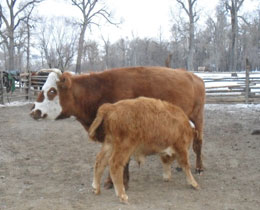Why does English have different words for animals and food, like cows and beef? This recording explains.
Download Adobe Flash Player to listen to the audio online.

Download
William the Conqueror (4.5 MB)Overview

Learners can use the William the Conqueror recording as a context for the suggested learning opportunities and as an introduction to the concept that many words have stories attached to their origins.
With a focus on listening, learners will develop their lateral thinking skills, as they interact with the clues offered for each word.
For many learners, this will be a chance to widen their vocabulary as well as inspire an interest in etymology and history.
PDF: Words with a story overview (182 KB)Word file: Words with a story overview (1.5 MB)Challenges
Challenge1: Connected languages
Learners use an online translation tool to discover words that have common roots across languages. They carry out research to discover the origins of these words using an online etymological dictionary.
PDF: Connected Languages challenge (192 KB)Challenge 2: Quiz
A lot of the words that we use in our day to day vocabulary have very interesting stories behind them. This quiz will introduce these words with a story to your learners and develop their vocabulary. Practitioners say what letter the word starts with and then, read out the story. If learners listen carefully, they should be able to work out what the word is and write it down.
PDF: Words with a story quiz challenge (386 KB)Challenge 3: Etymological dictionary
Learners can compile their own dictionary that features a definition of the word in English, some information about where the word comes from and examples of the word in other connected languages.
- Google Translate
- A free online language translation service.
- Online Etymology Dictionary
An online dictionary that provides explanations of what our words meant and how they sounded 600 or 2,000 years ago.
